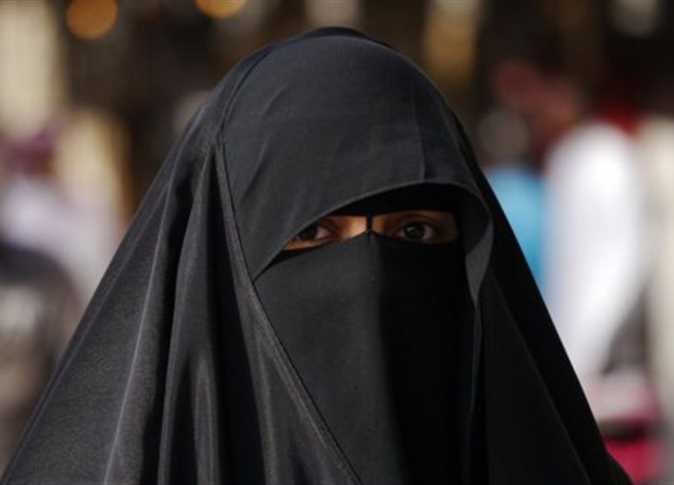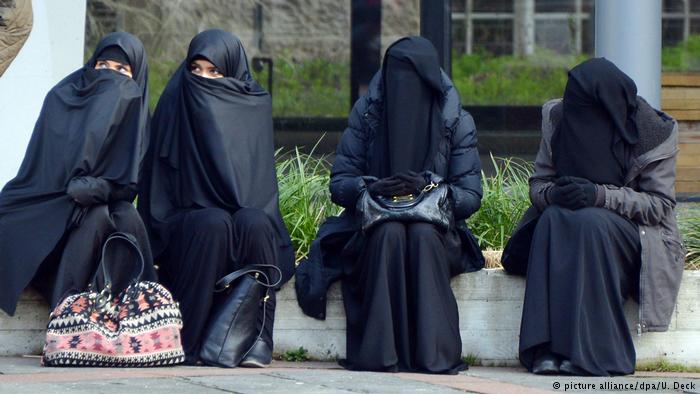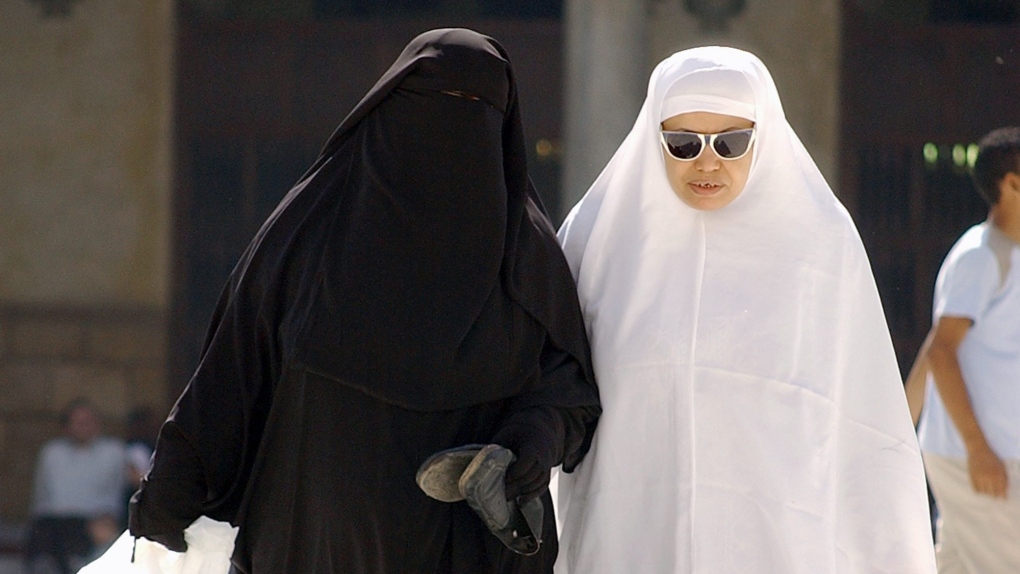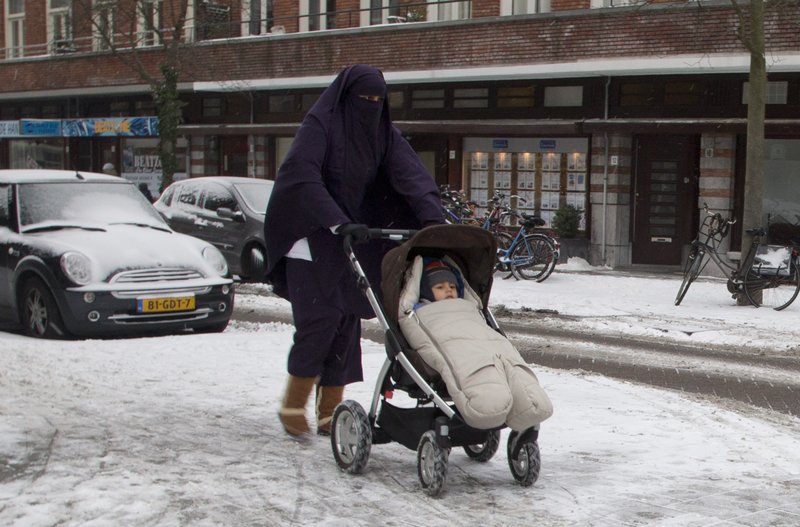State-run Al-Ahram newspaper said Thursday that there are plans to launch a satellite channel during Ramadan featuring only women who wear the niqab.
Safaa al-Refa’ei, a Qur’an teacher who is in charge of the channel, called “Maria,” refused to disclose the channel’s funding.
Refa’ei stressed that wearing a niqab is one of the main requirements for workers in the channel as well as guests, saying “Niqab is a red line that cannot be bypassed.”
Some current staff members do not wear niqab, but Refa’ei explained that this is only temporary until they can be replaced by niqab-wearing workers.
Refa’ei said that the idea of the channel is not discriminatory at all.
“Sheikh Abu Islam opened this channel to regain the dignity of women in niqab who have been persecuted and were subject to dismissal from work over the past decades,” Refa’ei said. She refused to disclose the identity of the man who she called Abu Islam.
Al-Ahram said that the channel is scheduled to broadcast programming for 6 hours per day, during which there would be interviews with women in niqab. It added that the majority of programs would be on niqab and marital life.
Media expert Yasser Abdel Aziz told Egypt Independent that he predicts the channel will not be able to continue with the same conditions and work requirements for long, although it would attract a considerable number of viewers in the meantime.
“The political and media landscape is fluid right now. The desire to get a scoop dominates media production,” he said.
Many channels have appeared lately that present farcical or superficial content and garner high ratings when they first launch, he added.
Over the past five decades, channels that have achieved popularly were those that depended on the moderate values of the Egyptian people, Abdel Aziz explained.
Rights activist Negad al-Boraie expressed his support of the channel to Egypt Independent as a legitimate exercise of the freedom of opinion and expression.
He said that barring uncovered women from Maria’s programming is not a form of discrimination. Egyptian society should be open to all ideas and should not judge citizens according to what they are wearing, but what they are saying, he added.
Protecting freedom of expression and opinion requires making room for both women in niqab who launch their own channel, and those who believe in other ideas, he said.




